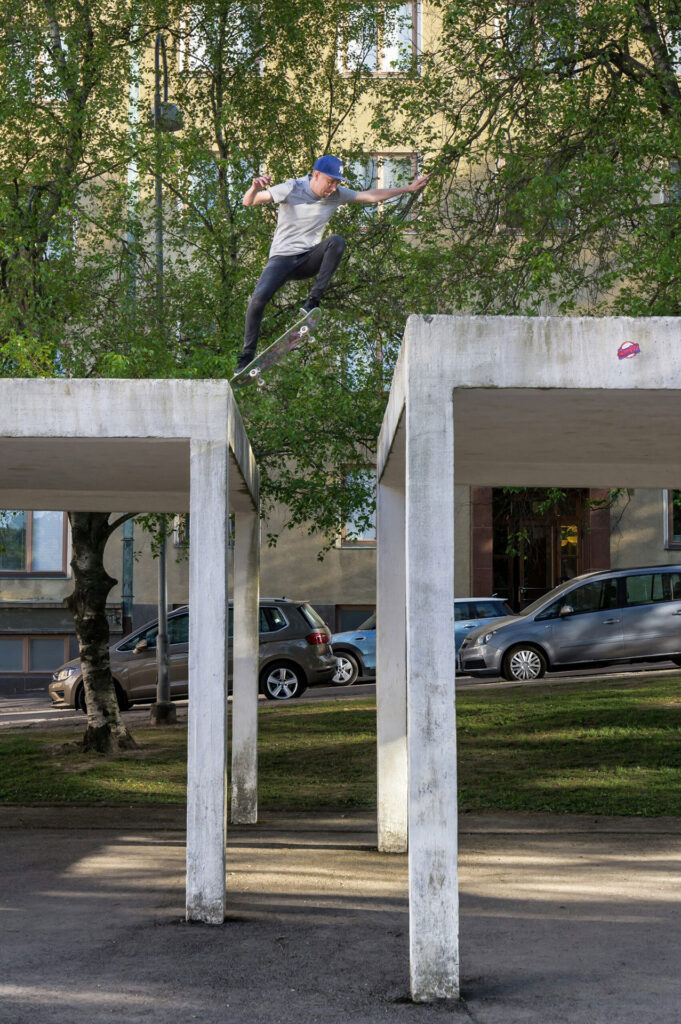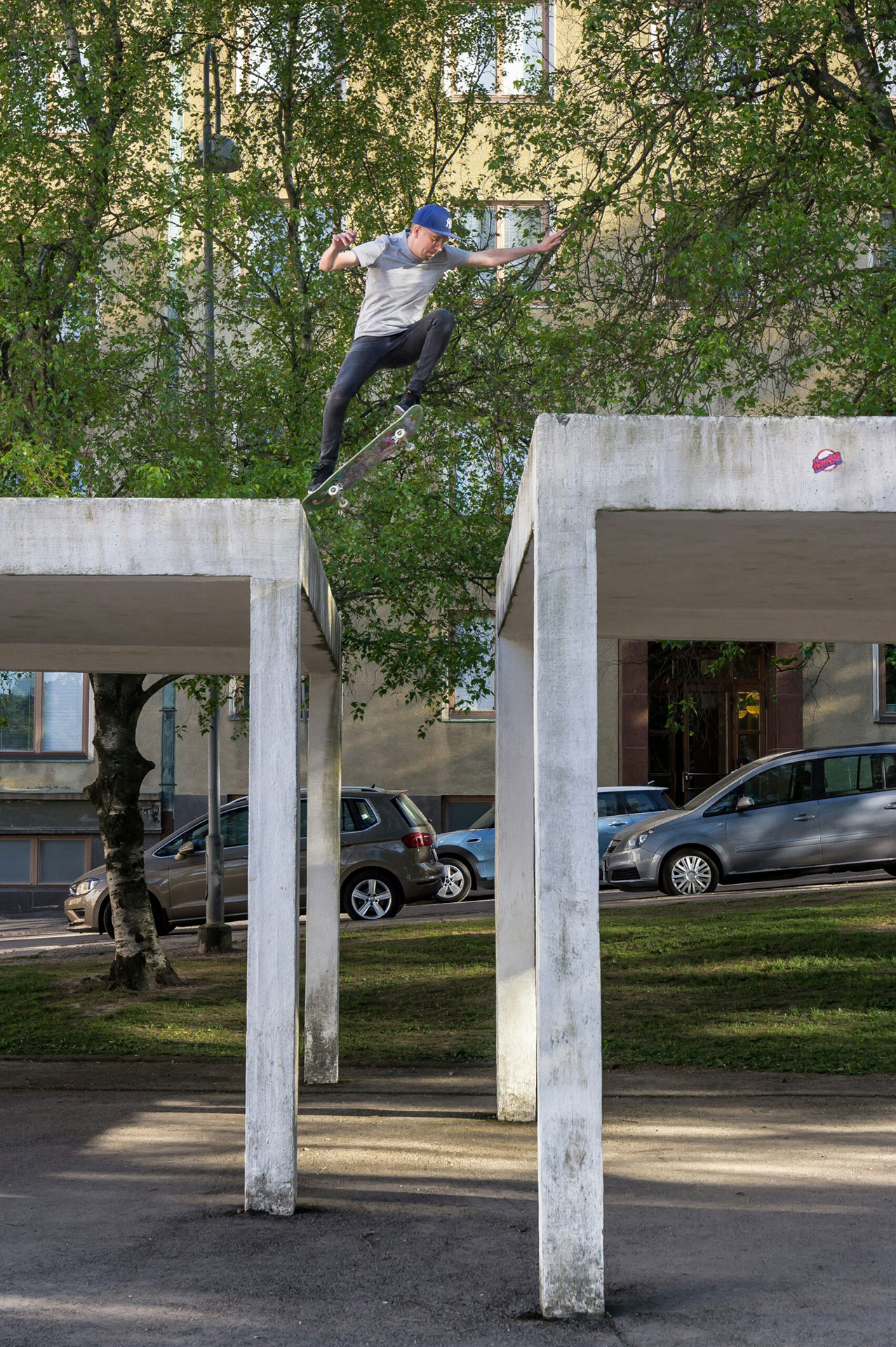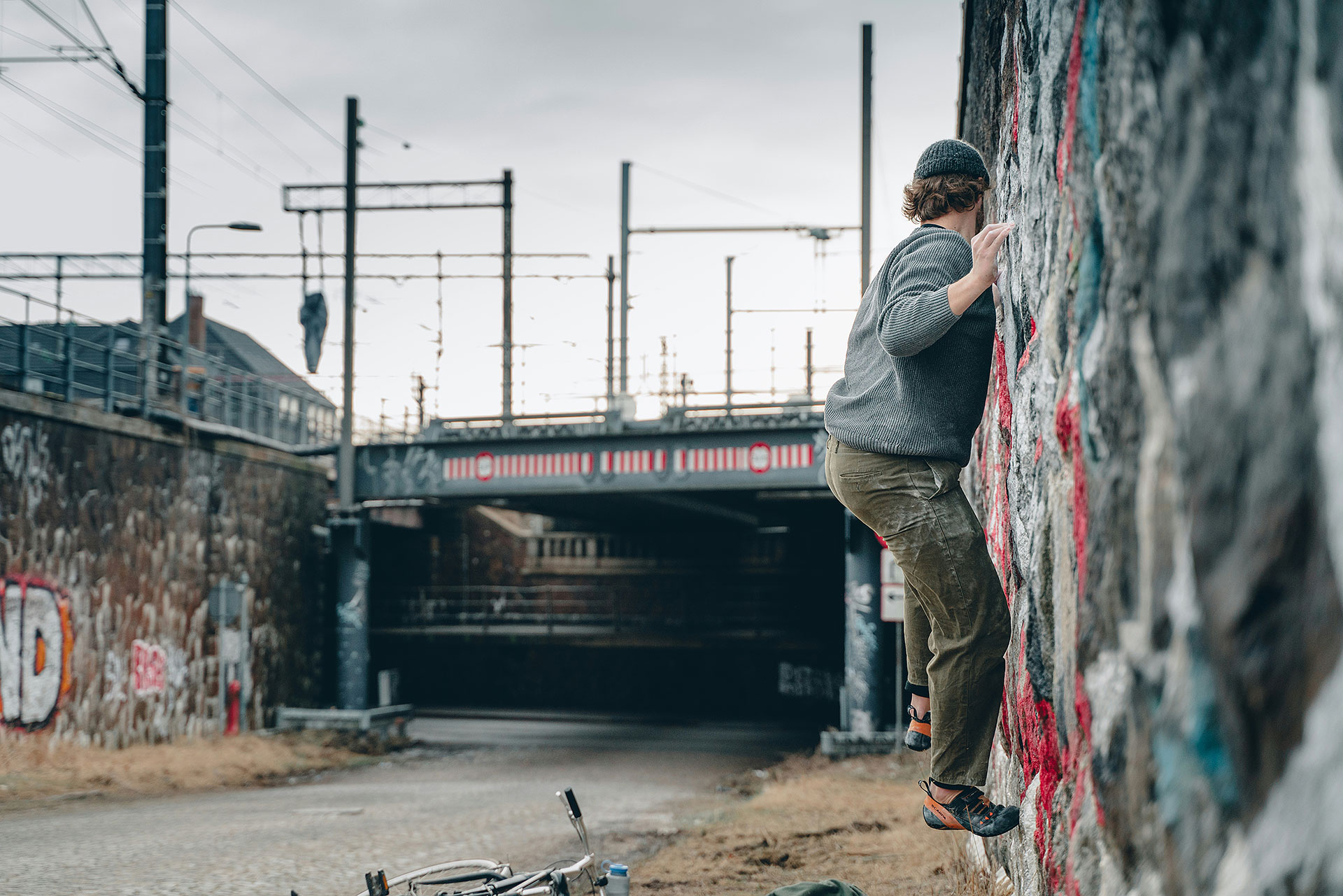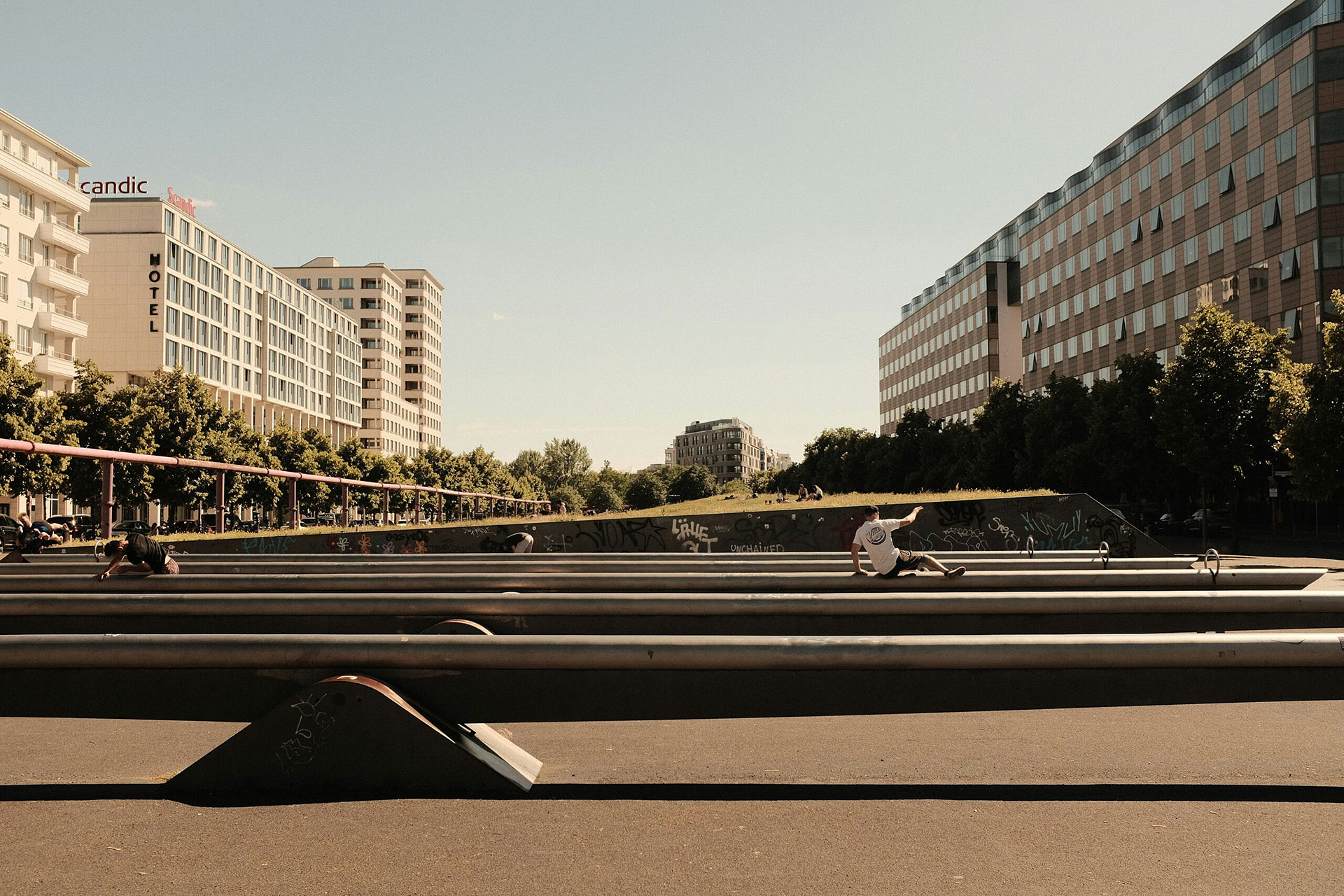

As land values rise and urban populations grow, the creation of new public spaces can be prohibitively expensive. However, innovative thinking can release the full potential of the spaces that already exist. The ISCA-led PLACEMAKING AND SPORT project entails simple, innovative, and cost-effective solutions to transform existing spaces and expand the activities that can take place in them.
This 18-month project is uniting urban planners and grassroots sport organisations in a mission to transform existing spaces into places that-cater for new community sport and recreational activities. PLACEMAKING AND SPORT takes a demand-driven approach in which citizens’ needs are not only listened to but acted upon. Ultimately, the concept of placemaking allows community sports organisations to rethink their offerings and meet a modern need for citizens to be active on their doorstep.
Community sports organisations in Denmark, France, Italy, Malta and Spain, are pairing up with five cities to pilot their placemaking ideas. Using plazas, parks, paths, waste ground and even open streets, the project seeks to maximise the potential of existing spaces and breathe new life into overgrown or run down spaces. In Valencia, focus has been placed on making school facilities available to the public and realising the full potential of the city’s beaches. In Nice, a giant sports course known as the ‘Move Game’ will be deployed in two public spaces. In Malta, the former site of 17th-century fortifications that was overgrown and inaccessible is being brought back to life for the public to enjoy.

Not every public space is suitable for transformation. However, PLACEMAKING AND SPORT allows us to see potential in locations that may not be immediately obvious. The concept of placemaking can easily be adapted to locations across the globe. Placemaking allows us to determine which types of activities could be suitable for a given space, and gives us the inspiration to make it happen! Findings will be published upon the completion of the project, which is co-funded by the European Commission and guided by Danish architects Gehl and Bulgarian urban collective BG Be Active. Further information is available here
